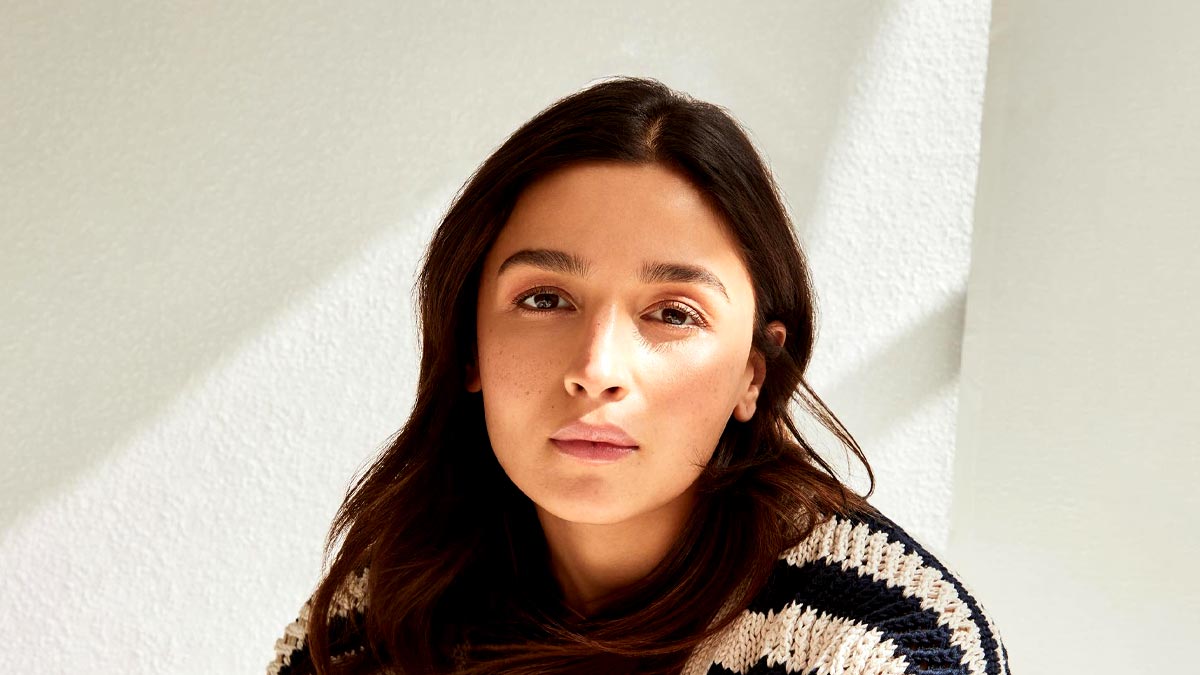
Alia Bhatt welcomed her daughter Raha in November 2022 and is going to debut at the Met Gala 2023. In an interview with journalist Barkha Dutt on Mojo, she recently opened up about going to therapy once a week.
As a new mother, the actor has been experiencing pressure to do justice to her child and work. We connected with Suruchi Shah, a mental health counsellor, to understand the need for therapy sessions for new mothers.
View this post on Instagram
She shared that she has been concerned about dieting, food, weight and how she looked. “That’s a struggle that’s been constant,” she added. She said that everyone around her was able to notice her struggle, but she was unable to pinpoint it.
She needed to tick certain boxes and was being too hard on herself.
She started taking therapy during the lockdown. She was already taking care of her body by going to the gym, but also needed to take care of her mind.
“I started as a generic thing, but what I discovered through those sessions is that I have so many issues when it comes to… I always knew I was anal when it comes to my weight because I’m facing the camera,” she added.
By going to therapy she learnt to listen to people around her who advised her not to be worried about her weight
She also spoke about mom's guilt and how it made her anxious to think whether she was doing right by her baby and work. She shared that women experience immense pressure to be impeccable in both, which makes her critical of herself. However, therapy has been helping her.

Shah said welcoming a baby was one of the most joyful events of her life, which changes their life completely. However, for many women, it can be challenging as well as traumatising. “Mothers who experience difficulties during childbirth may also feel a sense of fear and helplessness that can stay with them long after the birth of their baby,” she added.
Postpartum is a period when a new mother experiences waves of emotional, physical and hormonal changes while adjusting to the role of being a caregiver. While these experiences are termed normal, many women can experience ‘baby blues’, anxiety and depression.
Adjusting to new responsibilities and being responsible for an entire life can be overwhelming. In such cases, she needs the unwavering support of her family. Shah also said women with a history of mental health issues are more vulnerable to postpartum depression.
Emphasising the need to speak more about mental health issues for new mothers, Shah said about 20% of new mothers experience postpartum depression or other mental issues. However, they feel ashamed of it and embarrassed to discuss their problems. Speaking on the subject can help to destigmatise mental health issues.
It can help society create a safe environment for new mothers to receive the care they need. The expert also added that early treatment can immensely benefit the patient and her baby.
Shah said embracing motherhood is a joyful ride with emotional challenges. However, it becomes a little easier when a woman knows that she is not alone.

Shah said it is normal for a new mother to experience a range of emotions at the start. However, when that feeling persists for a long time, it can hamper their day-to-day life and interfere with their capability to take care of themselves and the baby. This is one of the first cues that she is struggling with postpartum mental health issues.
Mental health counsellors said many new mothers feel ashamed and guilty if experiencing postpartum depression. However, they must know that it is a common condition with which many women suffer from and does not reflect on their ability to take care of their baby or her worth as an individual.
Other symptoms include,
In worst cases, new mothers have also reported having suicidal thoughts. Shah said one or two symptoms do not mean a woman has postpartum depression. However, if more symptoms persist, new mothers must think about consulting a doctor.
Don't Miss: Expert Shares Why Becoming A Mom Should Be A Woman's Choice

While we expect a woman to do everything post-delivering her baby, she is only a human with two hands. A popular African proverb says, ‘It takes a village to raise a child,’ and the reality cannot be far from it.
A new mother needs helping hands as much as she can get. Loved ones need to support her and encourage her to seek professional help if they spot any of the aforementioned symptoms. If a loved one can accompany a new mother to therapy sessions, there is nothing like it.
Don't Miss: Why As A Gen-Z I Want You To Talk About Mental Health With Your Kids
Husbands and parents can take on some household chores or take care of the baby when the woman is working or wants to take a break and rest. Family members and partners must be ready to listen to what the mother has to say. They must hear about her challenges without judging her.
Last but not least, we all can learn about postpartum mental health issues, symptoms and treatment options available. It can help you understand the condition and offer the utmost support.
Shah said Alia Bhatt sharing her struggles spreads awareness on the subject and breaks the taboo around it. It can encourage new mothers to seek help and will normalise conversations around postpartum challenges and mental health issues.
Also watch this video
Herzindagi video
Our aim is to provide accurate, safe and expert verified information through our articles and social media handles. The remedies, advice and tips mentioned here are for general information only. Please consult your expert before trying any kind of health, beauty, life hacks or astrology related tips. For any feedback or complaint, contact us at [email protected].